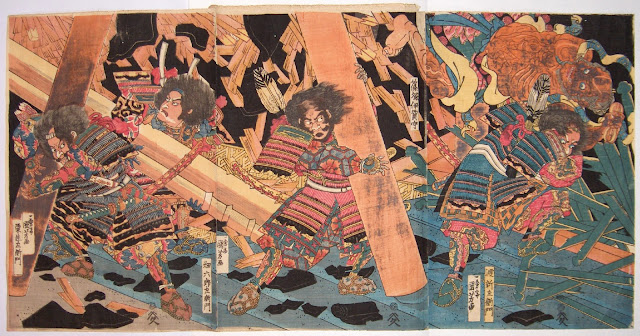Martial 'style' is a handicap

I've mentioned this before, but it came to my attention again when I heard an interesting allegory; martial 'style' is a handicap. In Chess, when playing against a weaker player, one side can choose to take a handicap by reducing the number of pieces they have access too. This is analogous to tying one hand behind the back in martial arts terms. Having less pieces makes it much more difficult to win, but an accomplished Chess player can still pull out a victory. In martial arts, 'style' has become a brand. In some cases for good reason. Judo and Tae Kwon Do for instance are Olympic sports and have a set list of rules and guidelines for competition that everyone follows to keep things fair. In other cases like Karate or Wing Chun, 'style' is only maintained to ensure the integrity of the brand. If Karate suddenly started adding weapons it wouldn't be Karate (空手 - empty hand) anymore. The issue with maintaining a style for the sake of branding is th...




